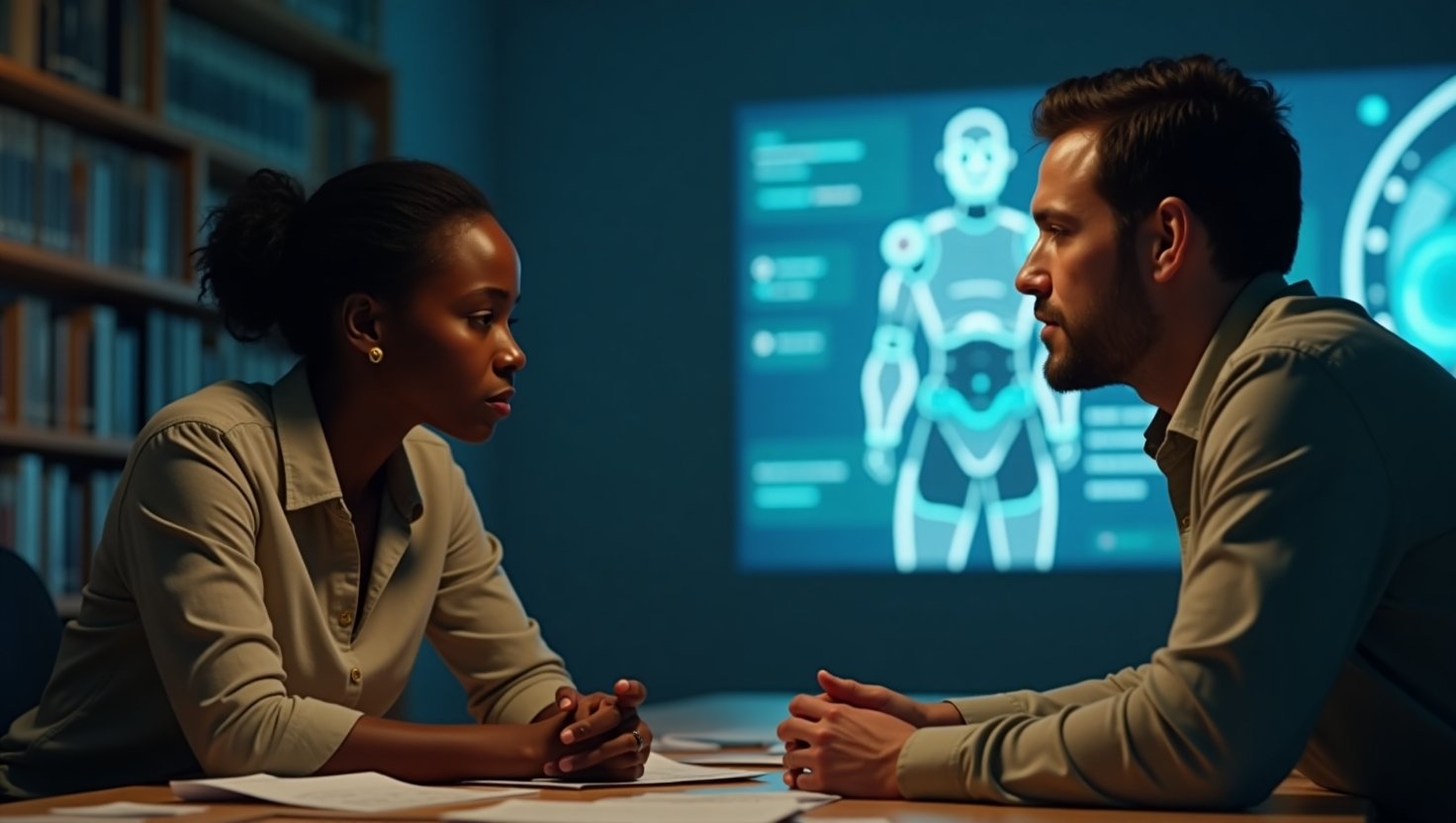Unveiling the Power of AI Chatbots in Debunking Conspiracy Theories
In the digital age, where misinformation can spread rapidly across the globe, the application of artificial intelligence in tackling conspiracy theories offers a promising solution. AI chatbots, built on advanced models like GPT-4, are emerging as persuasive AI tools capable of altering deeply entrenched beliefs. In this article, we explore how AI chatbots play a crucial role in debunking conspiracy theories and examine their impact on societal belief systems.
The Role of AI Chatbots in Debunking Conspiracies
Conspiracy theories have long captured the public’s imagination, often fueled by the rapid dissemination of unverified information online. AI chatbots, particularly those based on sophisticated models like GPT-4, possess the ability to engage users in tailored conversations. Research shows that these chatbots, like the DebunkBot, have been effective in convincing conspiracy theorists to question their beliefs. In a study with over 2,000 participants, a brief eight-minute conversation with the DebunkBot led to a 20% reduction in confidence in conspiracy theories, with a lasting impact observed two months later [^1^].
Key Strategies for Persuasive AI
– Tailored Conversations: By customizing interactions based on individual beliefs, AI chatbots offer a personalized approach that is more likely to resonate with users.
– Fact-Based Engagements: AI chatbots rely on accurate evidence to present logical counterarguments, thereby effectively challenging misinformation.
– Lasting Engagement: The AI’s ability to sustain dialogue over time ensures that the debunking efforts are not just momentary, but foster long-term belief changes.
Case Study: The Impact of DebunkBot
The success of the DebunkBot underscores the potential of AI chatbots in addressing misinformation. Imagine AI chatbots as modern-day Socratic figures, engaging individuals in dialogue to unravel their beliefs. This is not mere theory—studies, including those cited by Technology Review, confirm these outcomes by showing the decrease in belief confidence post-interaction [^1^].
Comparisons and Implications
AI chatbots function much like a competent therapist, guiding individuals through self-reflection and dialogue to question ingrained misconceptions. Just as a therapist would lead a patient to self-discovery through guided questions, chatbots facilitate an introspective journey, providing facts and counter-narratives that encourage debunking half-truths.
Looking forward, as AI technologies continue to evolve, we may witness even more sophisticated chatbots capable of addressing the psychological drivers of belief in conspiracy theories. This evolution promises to enhance the chatbot’s effectiveness in not only providing accurate information but also understanding and addressing the emotional and cognitive factors contributing to these beliefs.
Conclusion: Future Implications of AI in Combating Misinformation
The efficacy of AI chatbots in debunking conspiracy theories marks a significant step forward in the battle against misinformation. As technology advances, AI-powered tools will likely become an integral part of public discourse, providing a platform for truth and rationality in an age of digital noise. By integrating these technologies into educational tools, social media platforms, and even news outlets, society can better navigate the complex information landscape.
As we progress, the ethical deployment of these technologies will undoubtedly become paramount. Ensuring that AI interventions are unbiased, accurate, and respectful of users’ cognitive autonomy will be crucial for their acceptance and success. The future of AI in misinformation management is promising, and with the right direction, it can lead to a more informed, rational, and less polarized society.
^1^]: [Chatbots Are Surprisingly Effective at Debunking Conspiracy Theories










